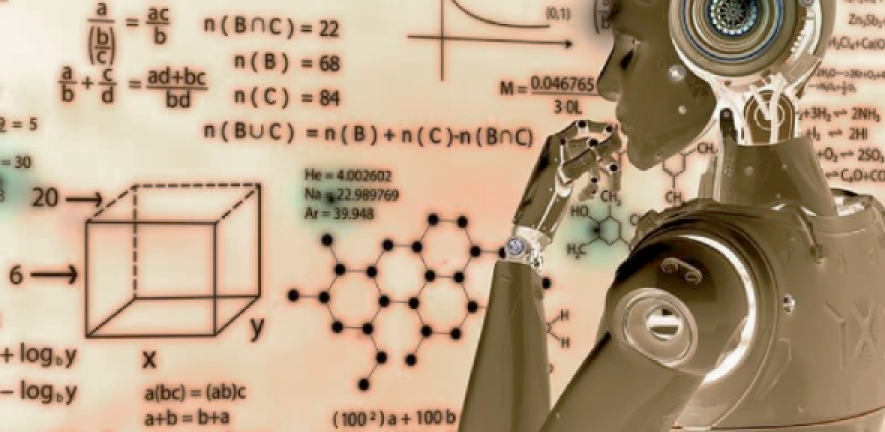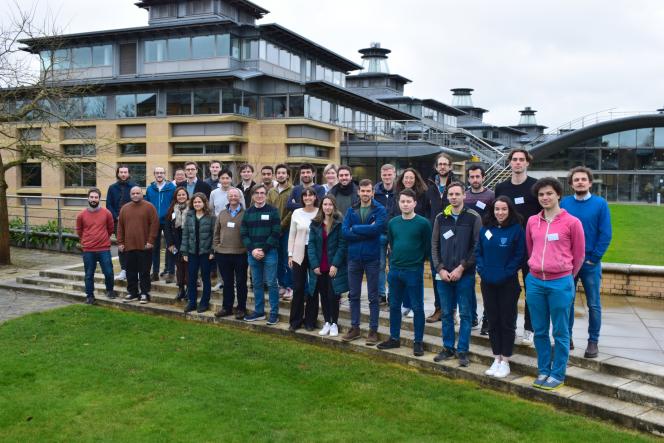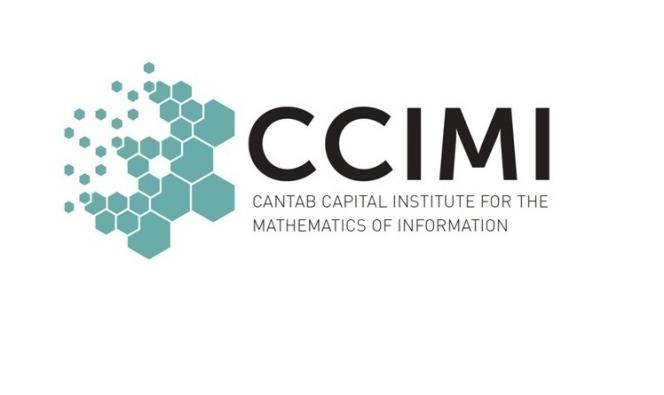
Background
This workshop featured an introductory lecture series across the week, by Professor Gitta Kutyniok (LMU, Munich) on the mathematics of deep learning. Four accompanying lectures have also been given.
Neural networks were originally introduced in 1943 by McCulloch and Pitts as an approach to develop learning algorithms by mimicking the human brain. The key goal at that time was the introduction of a theory of artificial intelligence. However, the limited amount of data and the lack of high-performance computers made the training of deep neural networks, (networks with many layers), unfeasible.
Today, massive amounts of training data are available complemented by a tremendously increased computing power, allowing for the first time the application of deep learning algorithms. It is for this reason that deep neural networks have recently seen an impressive comeback. Spectacular applications of deep learning are AlphaGo, which for the first time enabled a computer to beat the top world players in the game Go - a game by far more complex than chess-, or the speech recognition systems available on each smartphone these days.
We currently witness how algorithms based on deep neural networks are used in numerous aspects of the public sector such as being used for pre-screening job applications or revolutionizing the healthcare industry. In fact, the U.S. Food and Drug Administration (FDA) has already approved the marketing of the first medical device for detecting diabetic retinopathy which is based on such methodologies.
Aims and Objectives
The workshop aimed to provide a mathematical foundation of deep learning by an introduction to the main mathematical questions and concepts of deep neural networks and their training within two realms:
- Theoretical foundations of deep learning independent of a particular application
- Theoretical analysis of the potential and the limitations of deep learning for mathematical methodologies, in particular, for inverse problems and partial differential equations.
The Programme featured 2 lectures each day as well as the opportunity for discussion and networking. A poster session also took place.
More information about the background and the event can be seen here.
Posters
Poster submissions are now closed.
Registration and Venue
Registration is now closed.

Group photo of LMS Invited Lectures on the Mathematics of Deep Learning participants.




